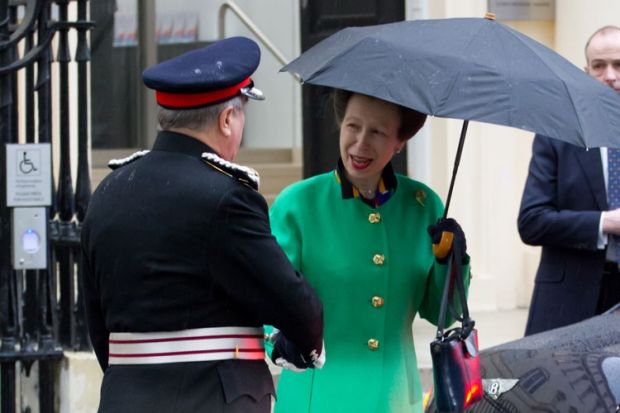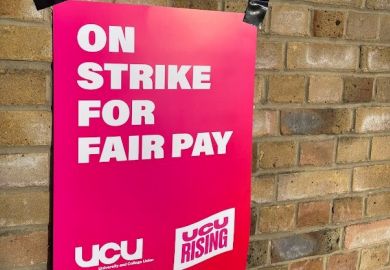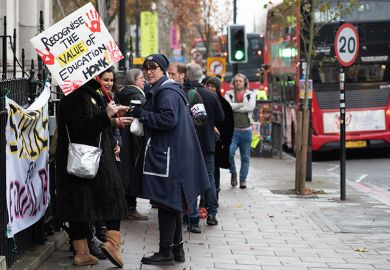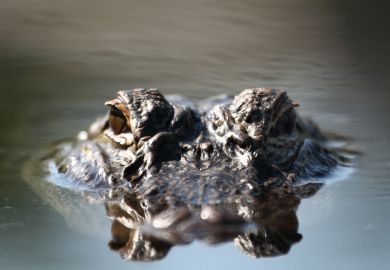Source: Mr Pics/Shutterstock.com
The Princess Royal had been due to open a new £37 million neuroscience building at the King’s Denmark Hill campus, in south London, on 10 July, but the event was called off following a strike by academics unhappy about plans to cut around 60 jobs from three King’s health schools.
Initially, 120 jobs were at risk in the schools of medicine and biomedical sciences and the Institute of Psychiatry, where the new neuroscience building is located, but this number has now been reduced to around 60.
According to a King’s spokeswoman, the visit by Princess Anne was called off “following the announcement by the University and College Union, supported by the Students’ Union, that they will be joining a national day of strike action on pay and pensions on 10 July 2014”.
As the strike was “coinciding” with the scheduled opening of the Maurice Wohl Clinical Neuroscience Institute by the Princess Royal, King’s said it had “decided to postpone the opening”.
King’s also dismissed claims that an internal email leaked to the UCU, which asked staff about their willingness to cover teaching of specialist health school modules to undergraduates, was related to the redundancy exercise.
The memo asks staff in the health schools to fill in a questionnaire aimed at identifying areas where they would “be able to contribute to undergraduate education”, saying “many of us can teach undergraduates – especially early years – outside our immediate area of research”.
A King’s spokeswoman said the survey “has nothing to do with current restructure proposals”.
“It does not ask staff to take on teaching roles. It does invite them to identify their expertise and their training needs,” she added.
It would be used “to address the wishes of research-active staff who have expressed a desire to become involved in teaching current and future generations of students at King’s,” she added.
“It is a reality of bioscience research that many staff find themselves working in highly specialised, interdisciplinary areas that don’t immediately map on to discipline-based undergraduate degree programmes and which don’t reflect the breadth of their expertise.”
Register to continue
Why register?
- Registration is free and only takes a moment
- Once registered, you can read 3 articles a month
- Sign up for our newsletter
Subscribe
Or subscribe for unlimited access to:
- Unlimited access to news, views, insights & reviews
- Digital editions
- Digital access to THE’s university and college rankings analysis
Already registered or a current subscriber? Login




